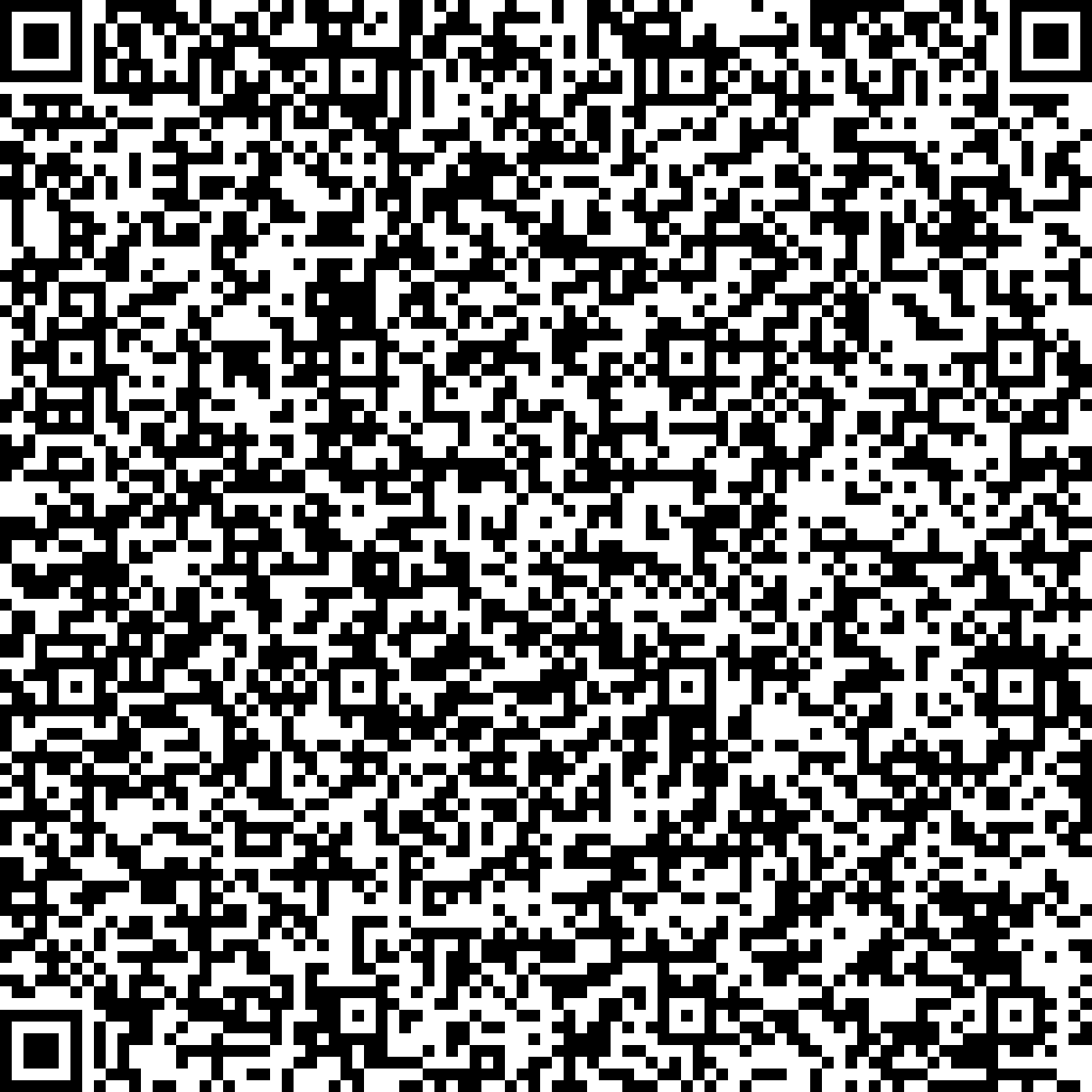

The challenge of molecular characterization has roots as deep in history as our existence on Earth; from prehistoric times, when humans used to identify metals, to this day, where we try to differentiate and detect gases in the air. Solving such a challenge today requires the use of advanced technologies such as gas chromatography and infrared spectroscopy, which limit the integration of molecular recognition in everyday life applications such as environmental monitoring, healthcare diagnostics, and industrial safety. New methods and materials are required to integrate such technology into everyday life. Two-dimensional (2D) materials have emerged as powerful candidates, owing to their large surface-to-volume ratio, high electrical conductivity, and tunable surface chemistry. The combination of these materials with machine learning and sensor arrays enables not only sensitive detection but also selective molecular recognition, paving the way toward the characterization of gases at trace concentrations and in mixtures of gases. In this presentation, I will highlight the applications of 2D materials in gas sensor arrays for molecular characterization, focusing on their capabilities, strategies for functionalization, and integration into multiplexed systems. Finally, I will discuss the opportunities and challenges in harnessing these nanomaterials to develop reliable, scalable, and application-ready sensing technologies.
Abdallh Herbawe studied for his Bachelor’s in Chemistry at The Hebrew University of Jerusalem from 2014 to 2018. From 2021 to 2023, he was doing his Master’s in Chemistry of Materials, working on Reverse thermos responsive (RTR) based polymers for biomedical applications at Casali Center of Applied Chemistry, Institute of Chemistry, The Hebrew University of Jerusalem. In 2023, he joined Prof. Gianaurelio Cuniberti’s chair as a Ph.D. student and as part of the “Olfactory Perceptronics” project. His work focuses on the development of 2D materials-based smart gas sensors and their various applications (e.g. VOCs identification, gas detection, breath analysis, disease diagnosis, etc.).


The challenge of molecular characterization has roots as deep in history as our existence on Earth; from prehistoric times, when humans used to identify metals, to this day, where we try to differentiate and detect gases in the air. Solving such a challenge today requires the use of advanced technologies such as gas chromatography and infrared spectroscopy, which limit the integration of molecular recognition in everyday life applications such as environmental monitoring, healthcare diagnostics, and industrial safety. New methods and materials are required to integrate such technology into everyday life. Two-dimensional (2D) materials have emerged as powerful candidates, owing to their large surface-to-volume ratio, high electrical conductivity, and tunable surface chemistry. The combination of these materials with machine learning and sensor arrays enables not only sensitive detection but also selective molecular recognition, paving the way toward the characterization of gases at trace concentrations and in mixtures of gases. In this presentation, I will highlight the applications of 2D materials in gas sensor arrays for molecular characterization, focusing on their capabilities, strategies for functionalization, and integration into multiplexed systems. Finally, I will discuss the opportunities and challenges in harnessing these nanomaterials to develop reliable, scalable, and application-ready sensing technologies.
Abdallh Herbawe studied for his Bachelor’s in Chemistry at The Hebrew University of Jerusalem from 2014 to 2018. From 2021 to 2023, he was doing his Master’s in Chemistry of Materials, working on Reverse thermos responsive (RTR) based polymers for biomedical applications at Casali Center of Applied Chemistry, Institute of Chemistry, The Hebrew University of Jerusalem. In 2023, he joined Prof. Gianaurelio Cuniberti’s chair as a Ph.D. student and as part of the “Olfactory Perceptronics” project. His work focuses on the development of 2D materials-based smart gas sensors and their various applications (e.g. VOCs identification, gas detection, breath analysis, disease diagnosis, etc.).